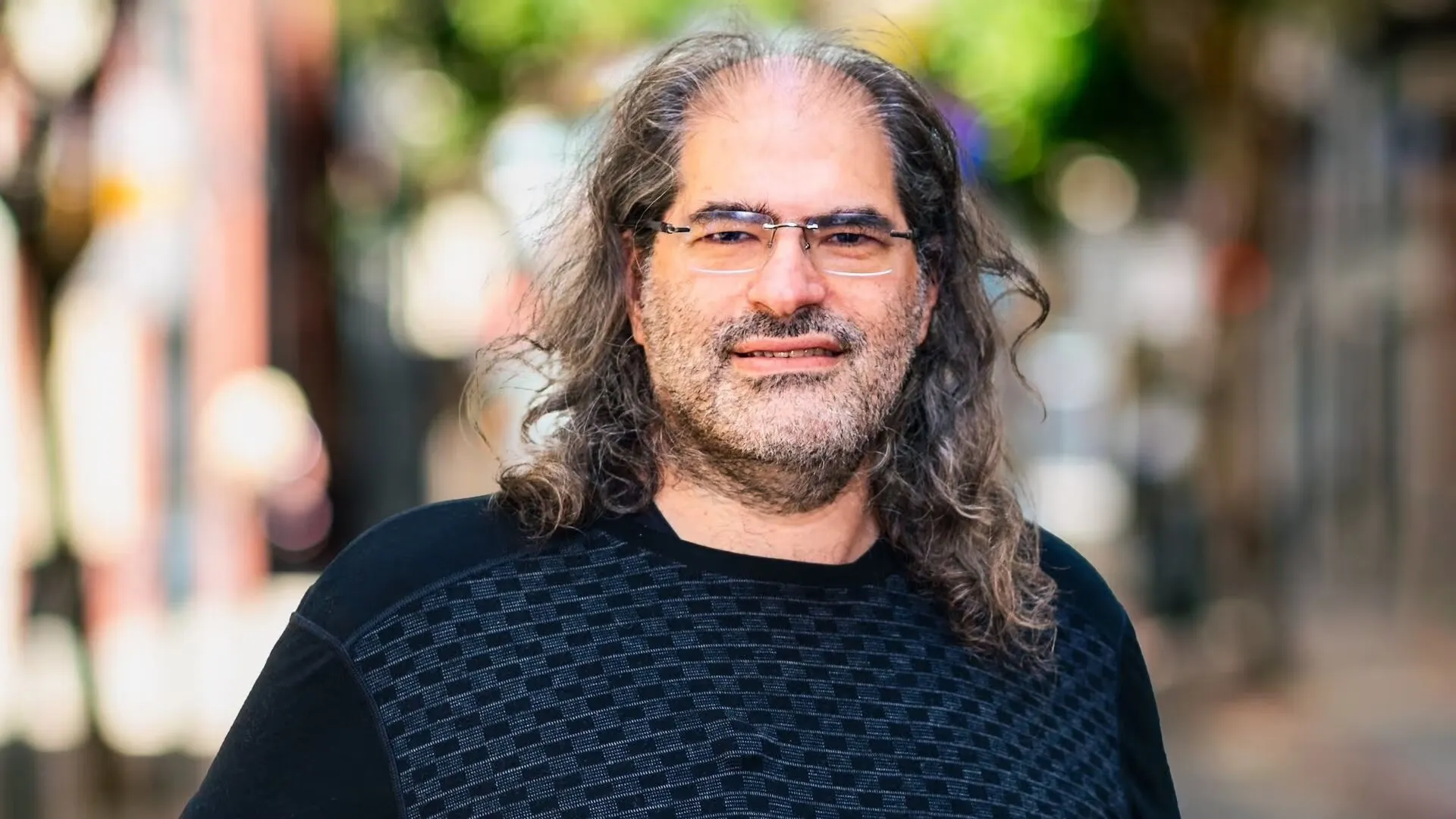In brief
- Ripple does not control XRP Ledger, the digital payments company's CTO David Schwartz said.
- Censoring transactions would open Ripple up to “pressure” he said.
- Ripple runs “something like 1%” of XRP Ledger, Schwartz added.
XRP Ledger’s codebase does not possess some secret back door that would allow Ripple to single-handedly control the network, according to the digital payment company's Chief Technology Officer David Schwartz.
Despite XRP Ledger’s continued adoption among financial institutions, the misconception that “Ripple somehow controls the ledger” has lingered, he told Decrypt in a recent interview.
“We are a major contributor to the ecosystem. It is obviously very important to us,” he said. “But we have no interest or desire in running the network.”
Corners of the crypto industry have questioned XRP Ledger’s decentralization for years, flagging a low number of validators compared to other networks as a potential weak point. XRP itself has also drawn scrutiny because Ripple owns billions of XRP tokens.
Around 23,000 Bitcoin nodes could be reached worldwide on Wednesday, according to Bitnodes. Meanwhile, XRP Ledger had 186 validators online, according to XRPScan. Anyone can run a validator, and Ripple is responsible for only one, according to XRP Ledger’s website
Schwartz acknowledged that Ripple may be the most interested participant in XRP Ledger’s ecosystem—as a provider of infrastructure updates and grants—but he said Ripple cannot dictate what activity takes place on XRP Ledger, nor would it want to. Changes that would impact transaction processing on XRP Ledger need approval from 80% of the network.
“We wouldn't want to be able to censor transactions, because then people could pressure us,” he said. “Nobody has ever had a transaction stopped by Ripple. If they did, they’d say so.”
Schwartz co-founded XRP Ledger before joining Ripple, and his foundational role may invite comparisons to Ethereum and its relationship to co-founder Vitalik Buterin. However, Ripple’s control over XRP’s supply is relatively distinct, with it being among the asset’s largest holders.
As of October, Ripple said it held 38 billion XRP in escrow, a significant chunk of the 100 billion XRP that was gifted to it by XRPL’s co-founders in 2012. As a result, some critics believe that Ripple has the ability to influence XRP’s scarcity by periodically selling tokens.
Ripple’s decentralization strategy has been ongoing since XRP Ledger debuted in 2012, and that has included paring back the number of key validators that the company controls.
XRP Ledger’s security relies on Unique Node Lists. Each validator maintains a list of network participants that it trusts not to conspire. The XRP Foundation maintains a default Unique Node List, which is widely popular, and used to include several Ripple-owned validators.
Ripple has run one of 35 validators on the XRP Foundation’s default Unique Node List since July 2023, according to the company’s website. And that represents a small sliver of the overall network, Schwartz said.
“We run something like 1% of the network,” he said. “We don’t have any say over transactions.”

